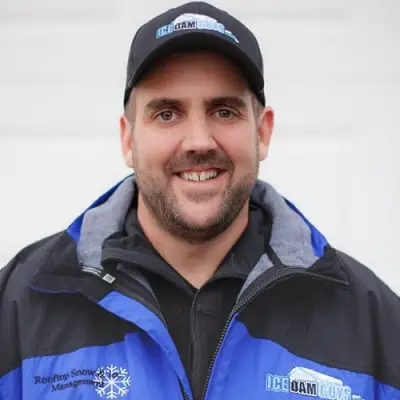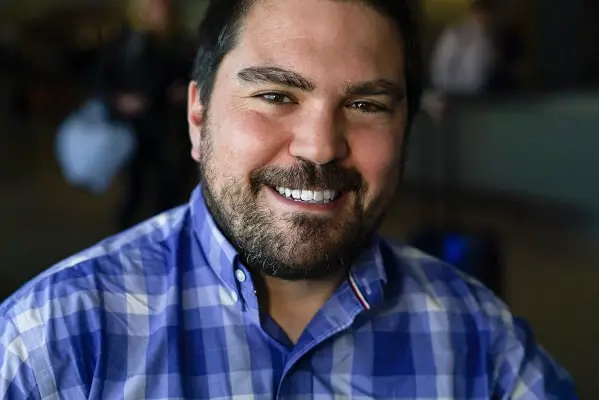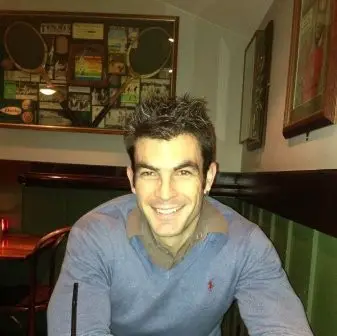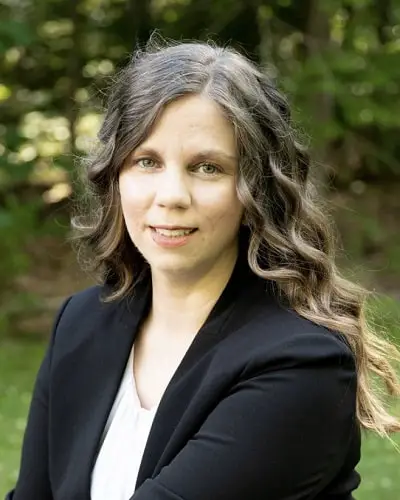Day in the life of
Clinical Director – Robin Hornstein, Ph.D.
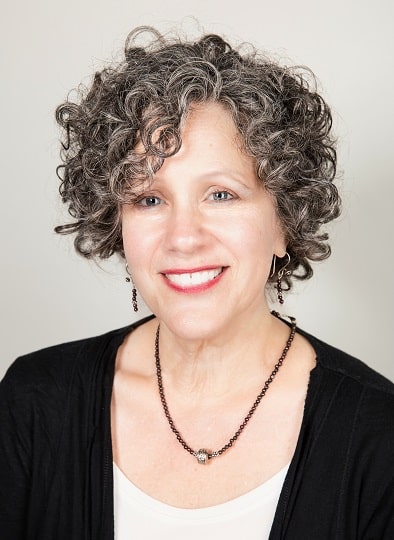
Having been a psychologist for over 30 years, let me begin by saying that my days have never been boring, have differed some as I have changed jobs and continued to learn new treatments throughout the years are truly joys to me.
What does your typical day look like?
Here’s my typical day as a Clinical Director and Psychotherapist in an insurance-based outpatient private practice:
7am: Answer emails and check my schedule while having tea and breakfast
8am: Client or Supervision (I supervise Post-Docs and other practitioners)
9am: Staff Meeting
10am – Noon: Either Clients/Supervision or Meetings with larger corporation or colleagues
12-1pm: Client
1-2:30pm: Exercise and Meditation and lunch
2-6pm: Clients, Professional Writing and Social Media, Business Meetings
6pm: Dinner
7-8pm: Life or Health Coach Client
What do you do in your client sessions and when you are supervising?
Client: Each session has a unique footprint as each person has their own issues, goals, and strengths. Sessions last about 45-55 minutes, some are strictly therapy and some are helping to find resources or writing a wellness plan. My time spent with each client may be building on tools we have established for relaxation, facing fears, making a mantra, or giving homework for the week. Sometimes, we make a wellness or treatment plan, which is a map of the work we are doing together. This is a special relationship that focuses on wellness, wholeness, and mental health.
Supervision: I meet with providers as well as site directors focused on case consultation and management of charts. We usually go over one or two cases that the provider may be struggling with in conceptualization, or maybe they feel stuck or the client needs a higher level of care than outpatient and we are figuring out the best offering we can for the client. We also focus on the mental well being of the provider as it is important that self-care is at the forefront of the therapist’s mind.
Pros
The pros of my job is that I can breathe easy everyday knowing that as an intersectional, inclusive Clinical Director, Therapist, Life, and Health Coach I make a difference in people’s lives. I live with the belief that therapy is located in a system that needs adjusting and my work is political and focused on social justice. That looks like me working with myself and my staff to examine our privilege and our identities that separate us into marginalized groups. I hire for diversity and inclusion and we take insurance and have a sliding scale. I feel happy when my clients get relief or learn new tools to function in the way that they want. I get to walk through people’s lives with them in times of turbulence and trauma and see them get to a more content place.
Helping others is a pro. Having wonderful training opportunities both as a trainer and as a participant keeps your work fresh and exciting. Being a resource to others when they need different care is also a pro as you can help someone find the right help for them. Having opportunities to travel and see programs out of the immediate area that might be good referrals for our clients is also super fun.
Cons
The cons are that insurance is sometimes a nightmare and very demanding of providers. The fees they pay are half of what people not taking insurance make and there are rarely increases so we never are at a cost of living level. This makes for the stress of keeping higher caseloads to get to the salary that compensates you enough to support yourself and loved ones. I am always shocked when I look at the amazing work the providers I hire do and how they are still struggling at times with finances. We pay as high a rate as possible keeping enough to pay for all the essentials to run a business.
Another con is that we are still having trouble offering services to people who have been hurt in the system before and need therapy. I am thrilled that CVS and other places people show up regularly are trying to offer case management in-house. If run well, this could help reach a far greater swath of people in need. Right now, we are seeing a huge increase in anxiety, eating disorders, domestic violence, and substance abuse. With less stigma and more outreach, more people could get the help they need.
Finally, the biggest drawback for therapists is managing their own self-care. If you become a psychologist, burnout is highest for those who do not have regular ways to prioritize themselves. Exercise, take breaks, take vacations, meditate, go to therapy, be outside, see friends and loved ones, have creative dates with yourself, and make sure you start this now if this is your path. You are your best role model for the people you will work with within your life.

